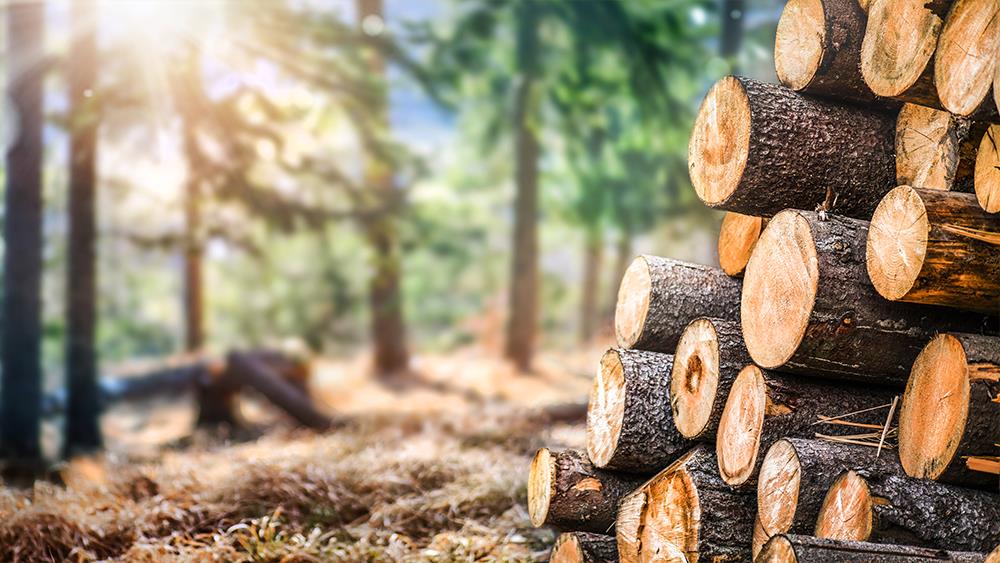

Timber Development UK (TDUK) is setting out to improve on the strong sustainability record of the industry by launching a cross-sector Sustainability Committee.
The committee will be tasked to identify key sustainability issues that affect the specification of timber in construction and take actions to overcome them, whether by developing information and guidance to cover these issues, or by commissioning research.
Timber Development UK is the new trade body created by the recent merger of the Timber Trade Federation (TTF) and Timber Research and Development Association (TRADA).
Already several key themes have been identified as requiring investigation, and sub-committees have been proposed with the following remits:
Several other themes have been identified from a membership questionnaire sent out to TDUK members in April 2021, including volatile organic compounds (VOCs), biophilic design and wellbeing, and timber and thermal mass.
The diverse range of expertise and backgrounds represented in the Sustainability Committee means it will be able to monitor the performance of all points of the supply chain, and position TDUK to better manage and improve the environmental profile of timber.
There are currently 15 members in the Sustainability Committee coming from a wide section of the industry, from specifiers and academics, to wider timber industry professionals. They are:
TDUK Sustainability Director Charles Law said: “We really want to encourage all TDUK members to support this new committee and contribute wherever they can, as it is a really exciting initiative which will lend greater insight, transparency, and alignment right across the timber supply chain.
“The experts we have gathered in this committee represent a potent force to create a positive difference in the global timber supply chain, with the UK both a major destination market for timber products and a hub of global expertise in building with wood.
“As a globally traded commodity and crucial building material, the timber industry holds the potential to allow us to overcome some of our most urgent global crises; whether you look to climate, biodiversity or elsewhere.
“Timber acts as a form of carbon capture and storage, sequestering 0.9 tonnes of carbon dioxide for every cubic metre of timber used in construction and locking this away in our structures for many decades, helping to turn our built environment towards combating climate change.
“The responsible sourcing of timber is also essential to international efforts to preserve and restore our natural environment, better supporting biodiversity, and the livelihoods of people who depend on our global forests.
“We need to ensure we make the very best use of this valuable resource, ensuring the timber we do have is used efficiently, lasts longer, and can be repurposed into other wood-based products at the end of its initial service life, ensuring a fully circular resource.
“I look forward to working with each of the members of this committee in coming months to advance the role and sustainable potential of timber.”